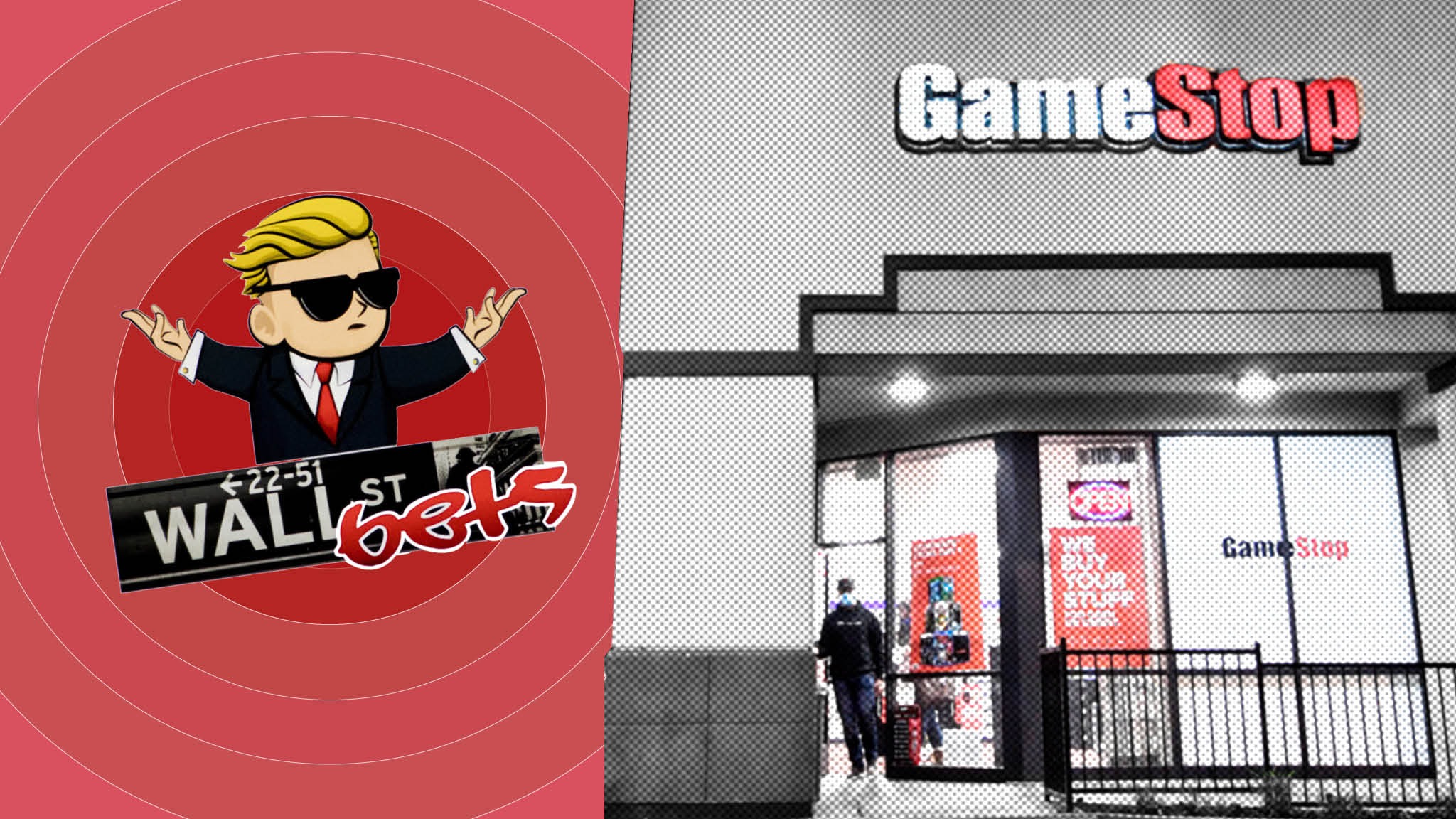Introduction
In late January 2021, the stock price of video game retailer GameStop (GME) soared to astronomical heights, causing widespread confusion and excitement in the financial world. The company, which had been struggling for years, suddenly became the center of attention thanks to a group of amateur investors on Reddit who decided to take on Wall Street hedge funds in a battle over short-selling. This article will explore the events leading up to the GameStop frenzy, the mechanics of short-selling, and the implications of the saga for the future of investing.
The Short-Selling Game
Before diving into the GameStop saga, it’s important to understand the concept of short-selling. In short-selling, investors borrow shares of a stock and immediately sell them, hoping that the stock price will drop so they can buy them back at a lower price and return them to the lender, pocketing the difference. Short-selling is a risky strategy because if the stock price goes up instead of down, the investor can end up losing a lot of money.
The Reddit Rebellion
In mid-2020, a group of investors on the social media platform Reddit’s r/WallStreetBets forum noticed that hedge funds were short-selling GameStop stock at an unusually high rate, betting that the company’s stock price would continue to decline. The investors, many of whom were retail investors (individual investors rather than professional traders), decided to band together and buy up shares of GameStop, driving up the stock price and causing hedge funds to lose money on their short positions.
The Reddit rebellion gained momentum in January 2021, when GameStop’s stock price skyrocketed from around $20 per share to over $400 per share in just a few days. The sudden surge in price caused chaos in the stock market, with some hedge funds losing billions of dollars and several trading platforms temporarily halting trading of GameStop and other stocks favored by the Reddit investors.
The Aftermath
While the GameStop saga may have been exciting for those following along at home, it ultimately had serious consequences for many people involved. Some individual investors who bought GameStop at the peak of the frenzy ended up losing a lot of money when the stock price eventually plummeted. Several hedge funds who had shorted GameStop also suffered significant losses, leading some to call for greater regulation of short-selling and other risky investment strategies.
The GameStop saga also raised questions about the democratization of investing. On one hand, the Reddit investors proved that a group of amateurs armed with social media and a little bit of cash can take on Wall Street giants and come out on top. On the other hand, the frenzy also highlighted the dangers of investing without fully understanding the risks involved.
Conclusion
The rise and fall of GameStop was a wild ride that captured the attention of the world for a few short weeks. While the story may have faded from the headlines, the implications of the saga are likely to be felt for years to come. The GameStop frenzy showed that investing can be both perplexing and exhilarating, and that the lines between retail investors and Wall Street insiders are blurrier than ever.
FAQs
- What caused GameStop’s stock price to rise so dramatically?
- A group of amateur investors on Reddit decided to buy up shares of GameStop, driving up the stock price and causing hedge funds to lose money on their short positions.
- Why did some trading platforms halt trading of GameStop and other stocks?
- The sudden surge in price caused chaos in the stock market, with some trading platforms temporarily halting trading to prevent further volatility.
- Did anyone make a lot of money from the GameStop frenzy?
- Some individual investors who bought GameStop at the peak of the frenzy made a lot of money, but others ended up losing a lot of money when the stock price eventually plummeted.
- What are the risks of short-selling?
- Short-selling is a risky strategy because if the stock price goes up instead of down, the investor can end up losing a lot of money.
- Will the GameStop saga lead to greater regulation of short-selling and other risky investment strategies?
- It’s possible, as some people have called for greater regulation in the wake of the GameStop frenzy. However, it remains to be seen what actions regulators will take.

